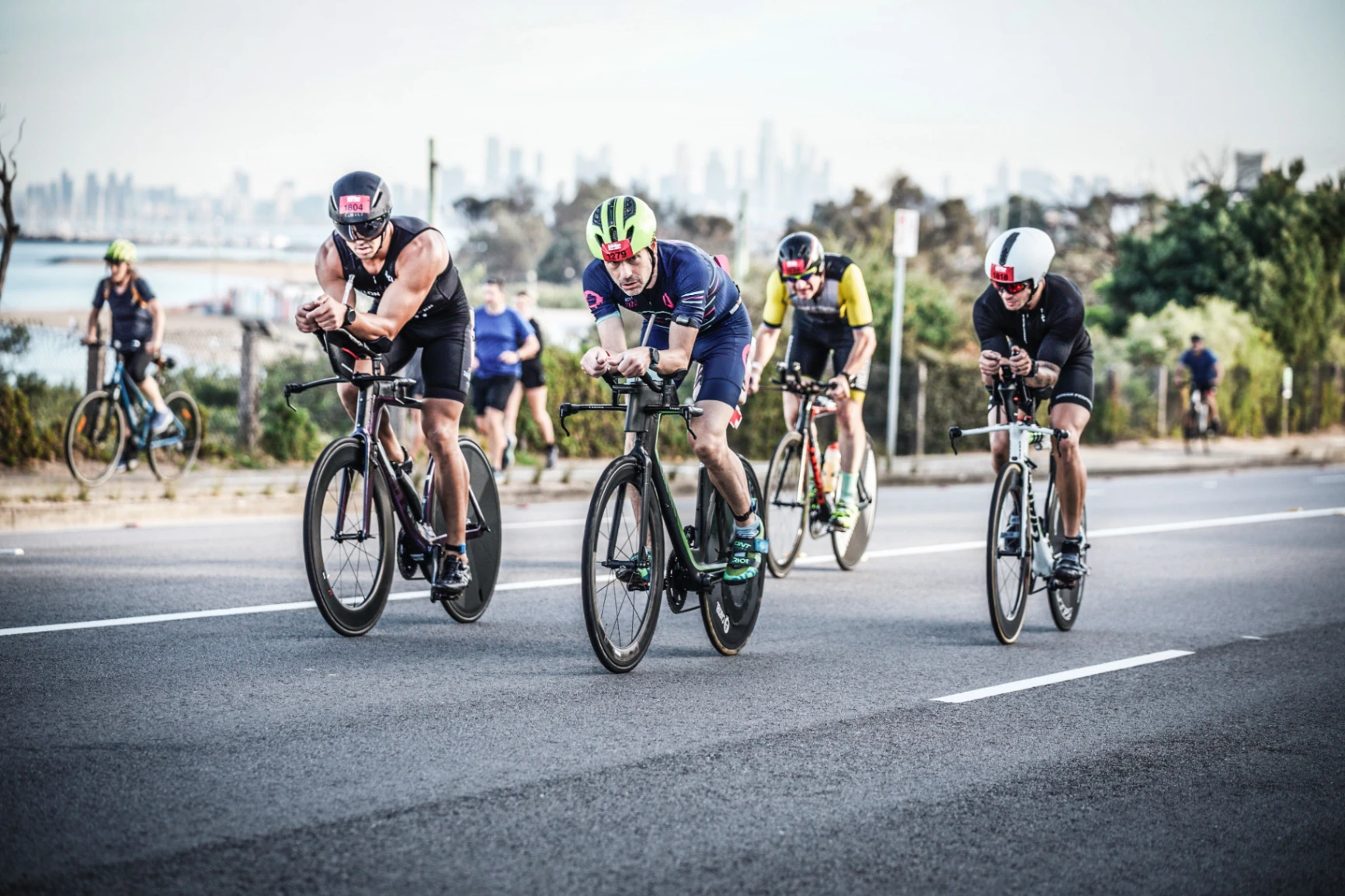What I learned from being an Ironman athlete

1. Anybody can do anything
I've seen fat guys, old people, and others with one leg do this.
What we all had in common is that we trained for a long time and kept at it. I'm sure writing a book or building a business is just the same.2. Your mind is stronger than you may think
Don't say, "I can't swim" or "I can't make sales calls." Say, "I haven't learned to do it well." Then practice, study it, and learn it. With a fixed mindset you'll never progress. Have a growth mindset.
You are better at many things than you think - or you could be if you just tried. 4. We are all very different
But the point is, we all have different skills, aptitudes, and likes, and what applies to one person will not apply to all others. So be careful making generalizations about what's best for somebody else. They are not you.Training for a full Ironman may require you to train daily for anywhere from 6 months to a year. But this may take a toll on your relationship with your spouse or kids. I have found that that good relationship is more valuable than me doing well in a race, and the same applies to work. That relationship is the foundation of my life, so this has helped me stress-test it and learn how and were its weaknesses are. Put them first. 6. Alcohol is not that great
But cutting out alcohol has been one of the best things I've ever done. I don't stay up late now as much. I don't have hangovers. I don't take on all these excess, empty calories. I don't give myself opportunities to say or do stupid things.
I never thought it would come to this, but it has, by choice, and I couldn't be happier.7. You will get your life in order
Triathlon is an individual sport. A brutal, unforgiving, you-can't-hide-from-the-truth kind of sport. If you do something that messes up your performance, you can't blame your teammates. You can only blame yourself.
When you're out there for 10, 12, 14 hours, you have to rely on yourself and your own planning, ability, and skills. Nobody will help you. Nobody cares. Kind of like life. 9. The process beats the goal
Having a single goal - say a finish time - won't be enough to get you there.
Process-based goals are what you need, or the steps to get there.By assembling a team of experts in many of the specific areas you need for triathlon, you can get pro-level advice on each. And you don't have to become an expert.
Hire a coach. Get a strength trainer. Get a nutritionist. Get a pro bike fit. See a physiotherapist. Speak to a mindset coach. Find a swim teacher or swim squad. Get running and cycling friends. Get your running gait analyzed. Have a consultant find the best races for you to place high enough in to get a world championships qualification. Pay for software that does half these things.
Basically, don't try to take on all the burden of these many niches yourself, but compile a team that can do it for you. Bonus? You can learn from them along the way.


